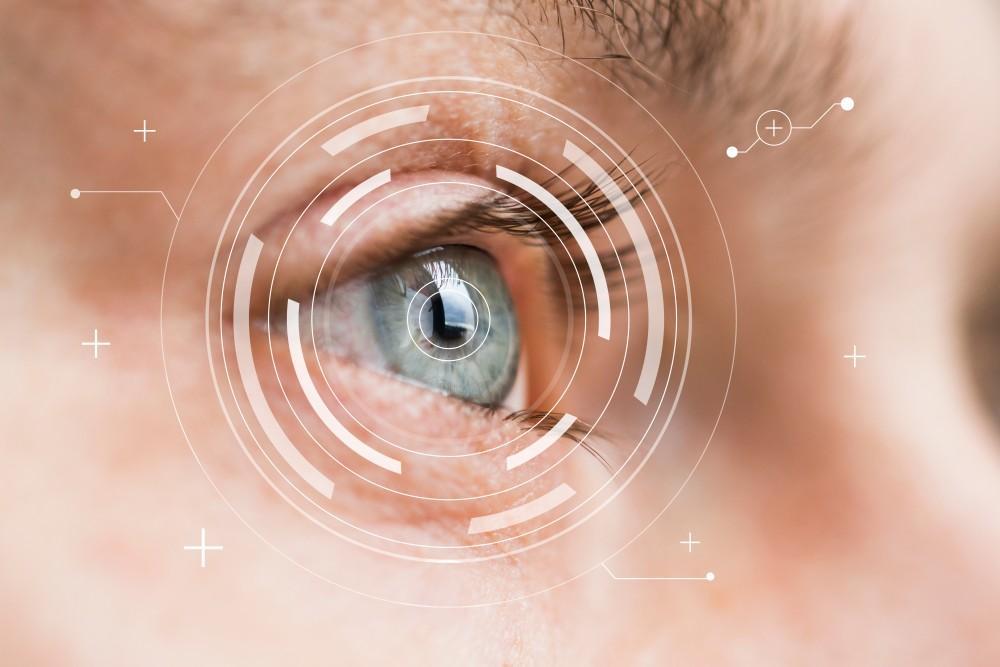
5 Essential Questions to Ask Your Cataract Surgeon

About 4 million Americans have cataract surgery every year, making it one of the most common — and safest — types of surgery in the United States.
A cataract causes the clear lens of your eye to become cloudy, and it almost always happens as a result of age-related changes in the proteins of the lens.
As a leading ophthalmologist in Rapid City, South Dakota, Stephen Khachikian, MD, has extensive experience performing cataract surgery, helping women and men enjoy clearer vision.
There’s no cure for cataracts; we must remove them surgically in order to improve your vision. During the procedure, Dr. Khachikian removes the clouded lens and replaces it with a clear artificial lens called an IOL that’s designed to work just like your natural lens, emitting light for clear, crisp vision.
If you have cataracts, here are five questions to ask before having surgery.
What is the procedure like?
Cataract surgery begins with an anesthetic to numb your eye, so you’re comfortable throughout your treatment. Special eyedrops dilate your pupils and prevent irritation to your eye.
Once your eye is numb, Dr. Khachikian makes a tiny incision, accessing the clouded lens and gently breaking it apart before removing it. Next, he inserts the artificial intraocular lens (IOL) and positions it behind your pupil and iris.
In most cases, Dr. Khachikian makes the incision using a special laser designed for eye surgery. The laser makes a very precise incision that usually eliminates the need for sutures. The entire procedure takes about a half an hour or less.
What should I expect during my recovery?
We perform cataract surgery on an outpatient basis, so you go home shortly afterward. You’re also able to perform most of your regular activities with few limitations.
You can expect little to no discomfort during recovery, but Dr. Khachikian prescribes eyedrops to soothe your eye and prevent infection.
Will I need glasses after surgery?
That depends in part on the type of lens that we implant during your surgery. Most artificial lenses are monofocal, which means they focus on one specific area. With these lenses, you’ll probably need glasses for near or distance vision.
Multifocal lenses work in a similar way as bifocals, offering two different areas of focus — one for near objects and one for distance viewing. It takes a little practice to use multifocals for different tasks, but many of our patients prefer them because they often eliminate the need for glasses.
What kind of lens will you use in my surgery?
Dr. Khachikian prefers foldable IOLs for most people, because they require a smaller incision. He offers both monofocal and multifocal IOLs, depending on your preferences and other factors. During your consultation, we discuss these options.
Do I need to have surgery right now?
Cataracts cause such symptoms as:
- Blurry or cloudy vision
- Faded color vision
- Problems seeing at night
- Glare or halos around lights
These symptoms grow progressively worse over time as the lens becomes cloudier and blocks more light.
If your cataracts are very mild, you might be able to get away with using stronger lenses or brighter lights for some activities for a little while. But cataracts don’t go away, and over time, they get worse.
It’s up to you and Dr. Khachikian to decide if now is the best time for cataract surgery or if it’s OK to wait a bit. Bottom line: The sooner you have surgery, the sooner we can restore clear vision and improve your quality of life.
Don’t let cataracts rob you of your vision and your enjoyment of life. With state-of-the-art cataract surgery, Dr. Khachikian restores vision after cataracts using a patient-centered approach.
If you have cataracts or you’re experiencing changes in your vision, call 605-203-4268 or book an appointment online today to learn how we can help.
You Might Also Enjoy...


I’m Not a LASIK Candidate. What About PRK?

Telltale Signs Your Eye Problem Is a Cornea Issue

Why Are Cataracts Common In Seniors?

Can You Prevent Keratoconus From Getting Worse?


